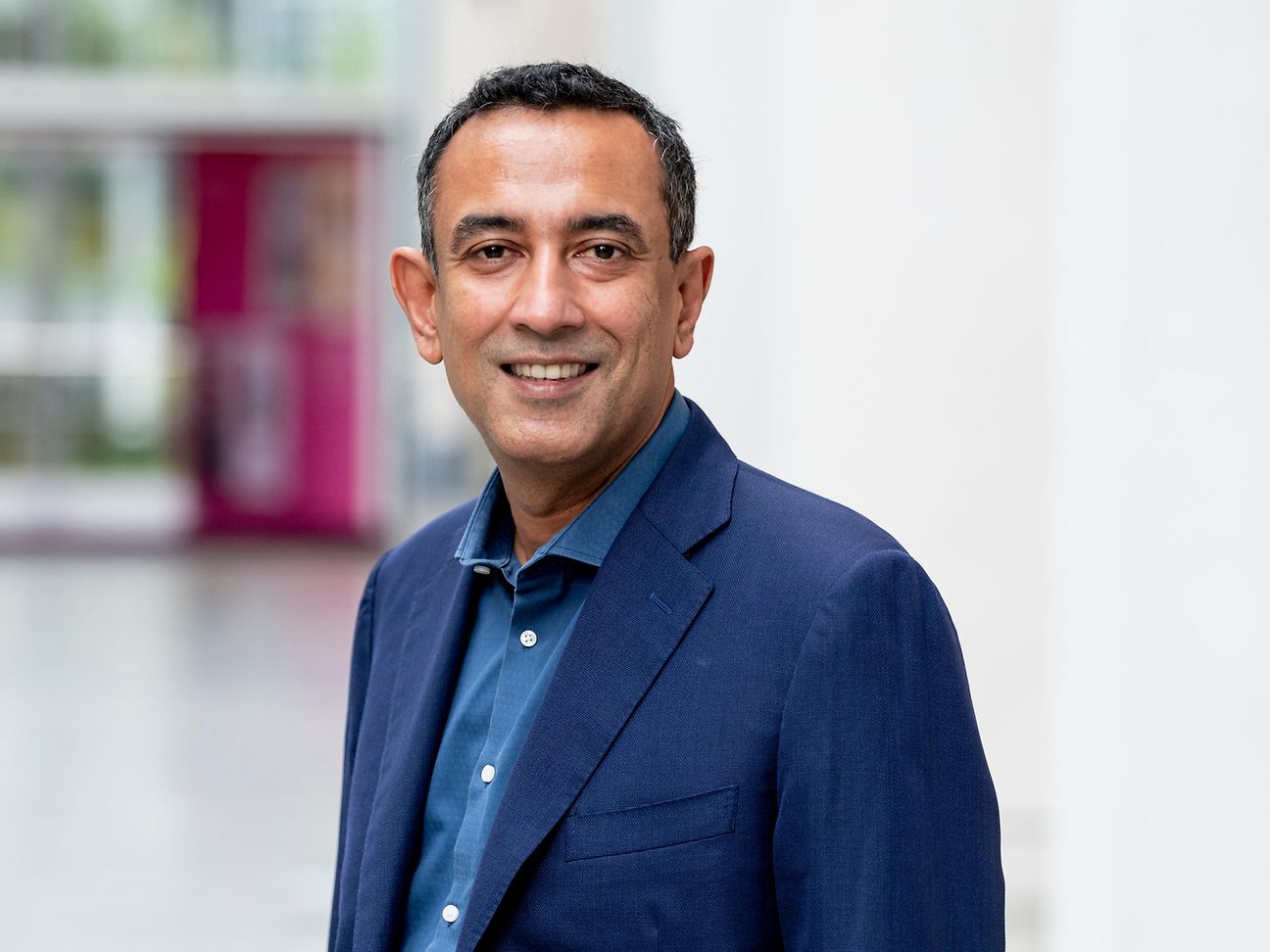

Vodafone cooperation: A signature with clout
An article by Srini Gopalan, Board member for Germany, and Managing Director, Telekom Deutschland GmbH.
Optical fiber is not just a network; it is also the future of Germany and that of Deutsche Telekom. By providing a signature, we have made this future more tangible and concrete.
Deutsche Telekom and Vodafone have agreed to expand their collaboration in the fixed network. Since as far back as 2013, Vodafone has been purchasing copper lines on the basis of our optical fiber network (VDSL/vectoring) as part of what has become known as a contingent contract.
We have now agreed to extend the cooperation by an additional ten years. As part of the agreement, we will not only continue to grant Vodafone access to our VDSL/vectoring network; we will, for the first time, also allow Vodafone to use our existing and future FTTH fiber-optic network. This means our broadband network will remain the technological basis for millions of Vodafone customers.
This agreement with Vodafone is more than “just” a contract extension. It represents a further important step in the build-out of the fiber-optic infrastructure in Germany over the next decade. The agreement also helps to roll out competitive fiber-optic networks in Germany faster. And following our agreement with Telefónica in October, this contract with Vodafone is the second piece of evidence that companies are reaching agreements on the market at fair commercial conditions. Voluntary cooperations are increasingly becoming our method of choice when it comes to network build-out.
As other network-building companies, we pay huge amounts for this in advance in order to earn back these investments on the market. The build-out of fiber-optic broadband networks is extremely expensive. One kilometer of civil engineering alone costs approximately 100,000 euros. Therefore, the agreement with Vodafone is an important additional lever. We again want to follow the philosophy of open access for the fiber-optic build-out and, in doing so, secure the financing of the build-out.
However, in order to supply large areas of Germany with the fast internet, we need more than just funds. Thousands of excavators are also needed to lay more and more kilometers of fiber-optic cables. Approvals are needed to allow the excavators to carry out their work and for the construction teams to lay the cables. However, these approvals are barely standardized in Germany, are frequently written on paper, and take far too long to process. A further point: Alternative laying methods such as wash boring or trenching are not only significantly cheaper; they also speed up the build-out process by up to tenfold.
As you can see, we focus heavily on partnerships on all levels: in terms of sharing use of the network with other companies, when in dialog with local decision-makers and citizens, during the planning phase with city offices, and when building with construction companies.
Deutsche Telekom is building the network for the future, together with people and companies in Germany for people and companies in Germany. So this signature is more than just an important signal.

